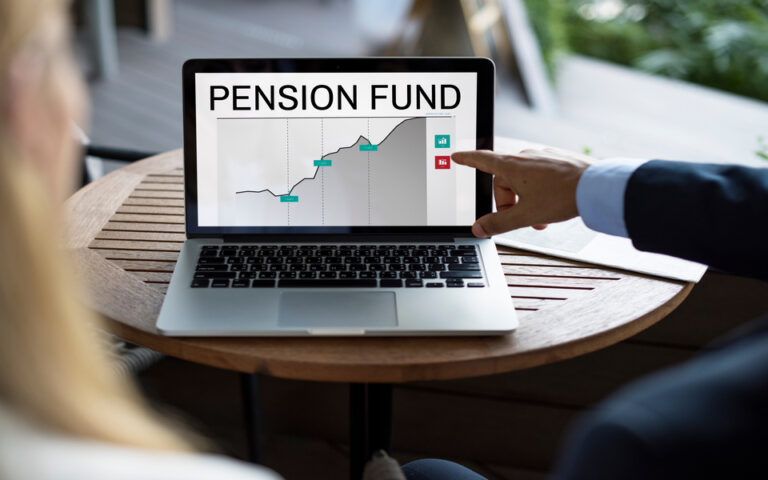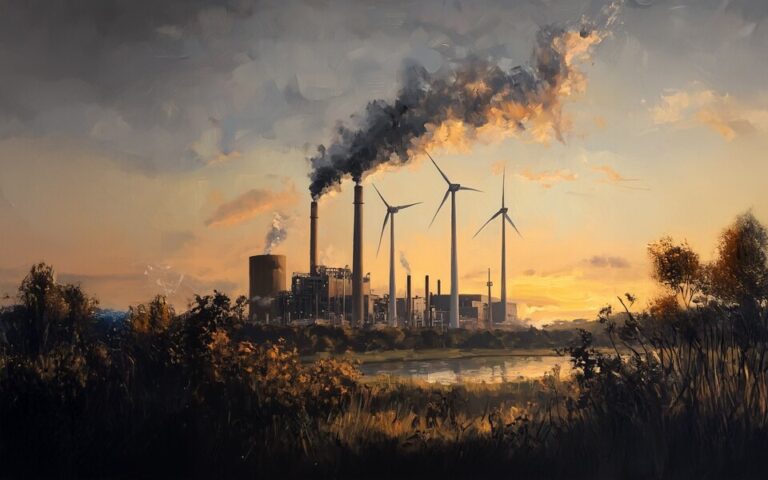On March 31 2025 minister of forestry, fisheries & the environment Dion George announced his decision on Eskom’s applications for exemption from regulation of toxic air pollution for eight coal-fired power stations.
“The South African people have been held to ransom by Eskom for far too long”, was an apt opening to George’s speech, and a rare acknowledgment by a politician of Eskom’s devastating air pollution.
While the minister claimed to be “holding Eskom accountable on emissions standards”, he nevertheless granted all eight power stations exemption from compliance with these standards. For Duvha and Matla, exemptions were granted until their planned shutdown in 2034; for the other six, the exemptions “expire” in 2030.
This is despite previous government confirmation that the Air Quality Act does not allow for exemptions from minimum emission standards (MES).
The exemptions come with “rigorous conditions”: “health interventions, socioeconomic measures, air quality transparency, emission reduction and renewable energy acceleration”. The minister made no mention of how compliance with these conditions will be monitored, or what the consequences will be for failure to comply.
This decision is the latest in a long and depressing saga dating back to 2010, when the MES for toxic air pollutants came into effect after a multiyear, multistakeholder process.
Eskom and other high emitters were heavily involved in the process, and the final MES were substantially less rigorous than originally envisaged. Subsequently, sulphur dioxide (SO₂) standards for coal-fired power were weakened even further, and the MES remain weak even compared to other developing countries such as India and China.
Since 2013, despite securing a series of postponements from compliance, Eskom has not taken steps to ensure full compliance and has even made it clear that it would not comply after the deadlines expired.
The MES regulate three of the many pollutants emitted by coal-fired power stations and coal boilers: oxides of nitrogen, particulate matter and SO₂ (Eskom is the largest power sector emitter of SO₂ in the world).
These are among the pollutants described by the World Health Organisation as those “with the strongest evidence for public health concern”, and in relation to which “health problems can occur as a result of both short- and long-term exposure”.
Eskom admits that its emissions cause hundreds of premature deaths a year (independent research puts this figure much higher). Despite its own studies demonstrating devastating health impacts, in its first postponement application, in 2013, Eskom falsely claimed that “power station emissions do not harm human health”.
A recent study by the South African Medical Research Council confirms that people living near coal-fired power stations “face an increased risk of respiratory diseases and premature death”; that “children under five are particularly vulnerable”; and that “some babies are affected before birth, with higher cases of cleft lip and palate anomalies in areas with coal-fired power stations”.
The forestry, fisheries & environment ministers responsible for MES appeal and exemption decisions emphasise that they must “balance energy security, economic stability and environmental protection”.
But this is a precarious argument when the high court in Pretoria has already found that the high levels of air pollution in the Highveld Priority Area (HPA) constitute a breach of the constitutional right to an environment not harmful to health or wellbeing, and that the ministers failed in their legal duty to prescribe regulations to implement and enforce the HPA’s air quality management plan.
As it has always done, Eskom justifies its failure to comply by referring to its financial position, threatening load-shedding and all its associated economic consequences. This is the hostage situation to which George referred. And anyone who believes that measures should be taken to enforce compliance to protect the health and wellbeing of millions of people is accused of not understanding or caring about the economy.
But the economic impact of not acting is ignored, just as the human impact is dismissed.
A 2023 study by the Centre for Research on Energy & Clean Air found that “on a cumulative basis until the end-of-life of the power plants, MES compliance would avoid a projected 34,400 deaths from air pollution … and economic costs of R620bn. Other avoided health impacts would include 140,000 asthma emergency room visits, 5,900 new cases of asthma in children, 57,000 preterm births, 35-million days of work absence, and 50,000 years lived with disability.”
But we all know there is little chance of Eskom ever being required to comply. The government’s shifting goalposts on the decommissioning of power stations also means that this sorry process will almost certainly be repeated in 2030.
This may be the reality of where we find ourselves now, but the situation could have been avoided, saving lives and protecting livelihoods. Let’s not pretend for a moment that there is any accountability or justice in this outcome.
This article was first published in the Financial Mail on 10 April 2025.






